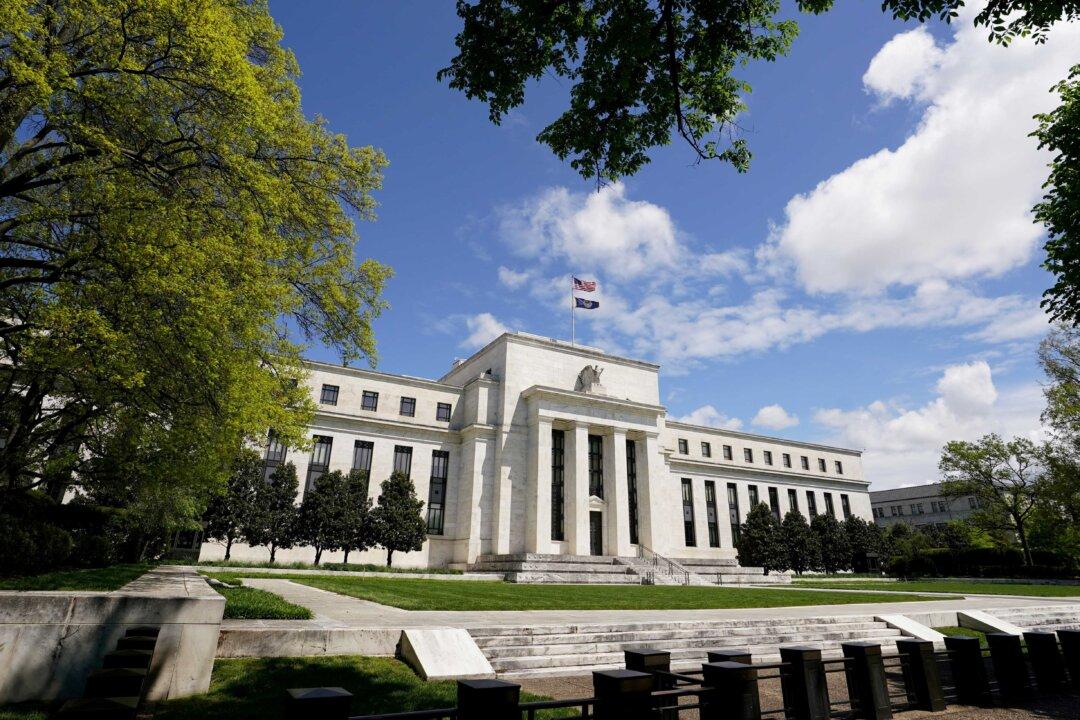The Federal Reserve extended the end date for its Main Street Lending Program by eight days to process a rush of applications submitted since the Trump administration said it was terminating the emergency credit facility and several others set up by the U.S. central bank.
The program, targeted at small and mid-sized businesses in need of credit to get through the recession triggered by the coronavirus pandemic, will remain open until Jan. 8, 2021, rather than closing on Dec. 31, as originally announced by U.S. Treasury Secretary Steven Mnuchin in November, the Fed said in a Dec. 29 statement.





